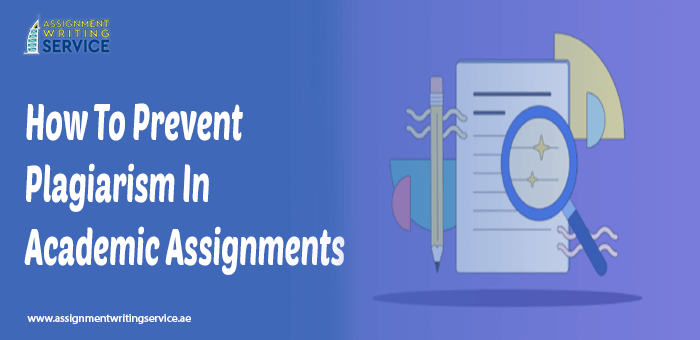Introduction
Plagiarism means the act of using someone else’s thoughts or words in written content claiming them to be his own. When you use someone else’s poetry in a writing you must mention the name of the author. Likewise in a science article if you use a research finding you must mention the name of the researcher and that of the journal you consulted to gather the information.
If you use another person’s story or article but do not mention its owner’s name you are involved in plagiarism. Developing integrity means staying away from plagiarism and giving proper acknowledgment to external sources. The students must learn to think out of the box and come up with original content. Those who have good thinking skills never rely on someone else’s content.
Paraphrased Text: Using Appropriate Source Attribution
Using standard citation formats to properly credit outside sources is one efficient way to prevent plagiarism. Any information or concepts from other works that you include in your own work must be appropriately attributed to their original originator. To avoid plagiarism charges, you should properly mention the name of the original thinker of any concepts or words borrowed from external sources.
When explicitly referencing or summarizing another person’s ideas in your work, follow the formatting rules of the citation style that you choose. This means you must mention details about the source, like its title, author’s name, and date of publication. Although paraphrasing allows you to incorporate external concepts into your writing, it’s crucial to maintain the original text’s primary themes and overall structure. You must rewrite the passage in your own style while keeping its significance intact.
Employing Appropriate Source Attribution
Appropriately attributing sources, including citations and references, is a highly useful method for avoiding plagiarism. When directly quoting or summarizing another person’s concepts, it is crucial that citations are visibly labeled. This signifies that, per the citation format (for instance APA, MLA, or Chicago), you need to credit the author’s name, work title, publication date, and any other relevant details. By properly acknowledging your sources in this manner, you can efficiently paraphrase while maintaining the original significance.
It is also important to use reliable and academic sources whenever you can when referencing material. It is imperative to document every source you use for your research accurately, including the details required for proper citations. This allows you to readily identify the origins of your ideas and information, which helps prevent unintentional plagiarism.
Additionally, when taking notes, clearly distinguish your own thoughts and opinions from those expressed by others. When quoting directly, include the quote marks and immediately cite the source. Reword material that has been paraphrased while maintaining attribution to the original source. Arranging your notes and research material in this way can help you avoid accidental plagiarism. One more way to avoid plagiarism in your content is to hire CIPD Assignment Writing Help and let the professionals handle your assignment.
Promoting Analytical Thought and Innovation
Paraphrased text: Plagiarism often stems from deficient creativity and critical analysis. To avoid plagiarizing, students ought to cultivate their analytical thinking abilities and tackle assignments innovatively. Rather than just reiterating information from external sources, assess and critically examine the content to formulate your own distinctive perspective.
Furthermore, try to integrate your own concepts and insights into your work when feasible. This exhibits not only your comprehension of the topic but also your capacity to interact with it in a critical manner.
Employing Tools to Detect Plagiarism
knowing the consequence of plagiarism in assignments the students must be extra careful when submitting their work. Instead of using the free versions of plagiarism detection tools, they must use a reliable paid version of a plagiarism checker. Although these tools are beneficial for catching accidental plagiarism, they should not replace proper academic conduct. Rather, use plagiarism detection as a final review before turning in assignments to confirm you have correctly cited all references and upheld academic honesty. The tools complement, not replace, good scholarly practices.
Seeking Direction and Explicit Statements
To summarize, don’t be afraid to consult your professors or academic advisors if you have any questions about properly citing sources or plagiarism rules. They are available to assist you and can provide information on suitable referencing methods, citation formats, and other aspects of academic honesty.
In closing, avoiding plagiarism in academic work requires a combination of understanding, care, and ethical behavior. You can maintain academic integrity and generate top-quality work by learning about the different kinds of plagiarism. Make sure to always utilize proper citation and referencing techniques, and cultivate effective research and note-taking habits.
You must cultivate critical thinking and originality, use the latest plagiarism detection tools, and ask for help when necessary. Remember that learning, developing, and making a significant contribution to the academic community are all important components of academic success.
 +971 42473777
+971 42473777

